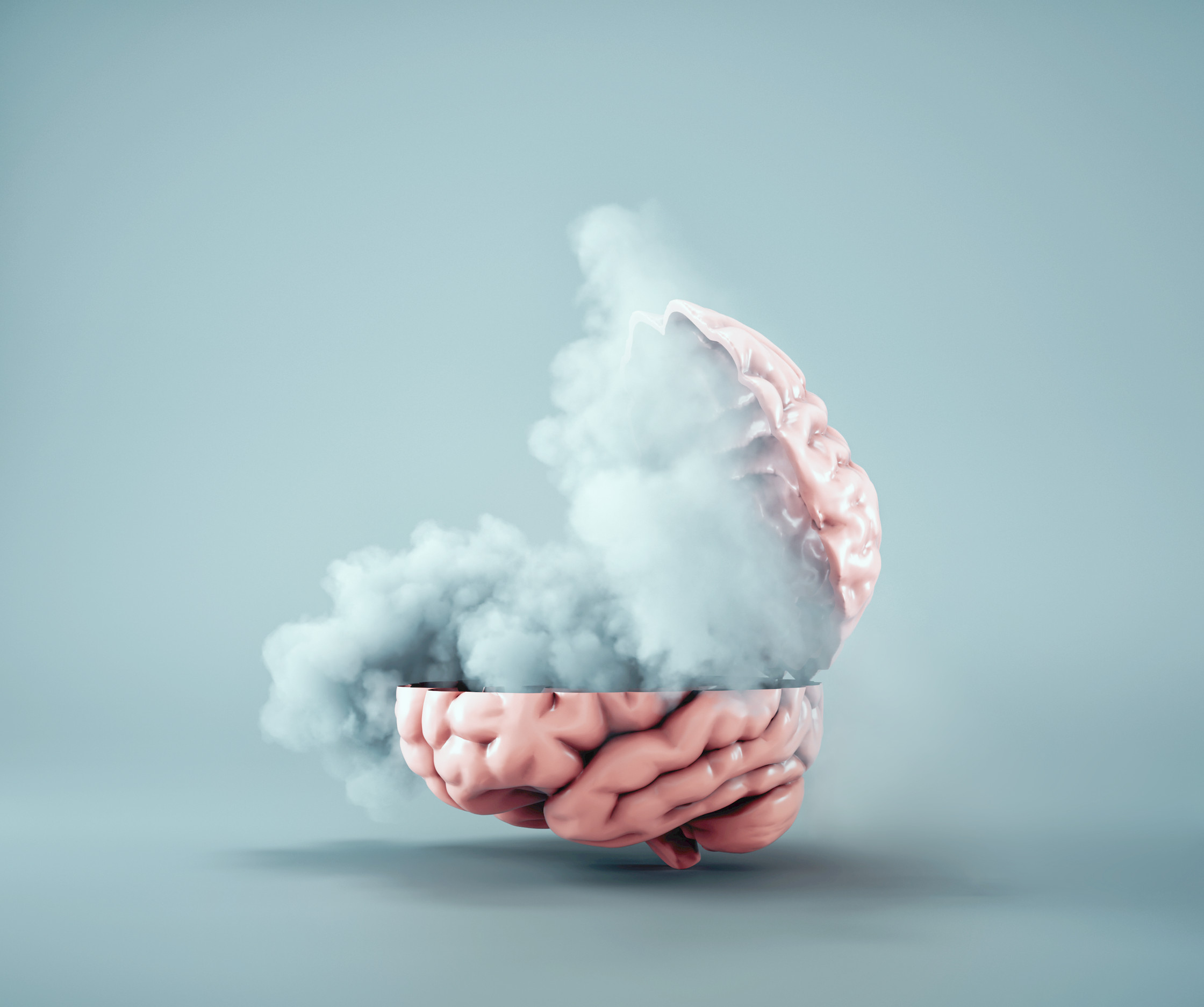
Have you ever felt like your brain is wrapped in a thick fog, making it hard to focus, remember things, or even process thoughts clearly? This frustrating experience, known as brain fog, can make even the simplest tasks feel exhausting. While occasional mental fogginess is normal, persistent cognitive sluggishness could signal something more serious. It’s easy to dismiss brain fog as just being tired, but addressing it properly requires understanding its root causes. If mental clarity feels out of reach, it’s time to explore what’s behind the haze and how to regain focus.
1. What Is Brain Fog?
Brain fog isn’t a medical condition but rather a symptom of an underlying issue. It’s characterized by forgetfulness, lack of focus, difficulty processing information, and mental fatigue. Many people describe it as feeling “off” or struggling to think clearly. While short-term fogginess can result from lack of sleep or stress, chronic brain fog might point to deeper health concerns. Recognizing the difference between occasional and persistent brain fog is key to finding the right solution.
2. Common Causes of Brain Fog
Several factors can contribute to mental cloudiness, making it hard to pinpoint a single cause. Poor sleep, high stress, nutritional deficiencies, and dehydration are among the most common triggers. Hormonal imbalances, autoimmune conditions, and chronic inflammation can also play a role. Excessive screen time and overstimulation from technology may further strain cognitive function. Identifying potential causes can help in taking the right steps toward mental clarity.
3. Is It Brain Fog or Something More?
Sometimes, brain fog is more than just a temporary inconvenience. If symptoms persist despite improving sleep, diet, and stress levels, an underlying health condition could be the culprit. Chronic illnesses like thyroid disorders, fibromyalgia, or even long-term effects of viral infections can contribute to mental fog. Depression and anxiety can also manifest as cognitive dysfunction, making it difficult to focus or recall information. If brain fog becomes a daily struggle, seeking medical advice is crucial.
4. How Diet Impacts Mental Clarity

What you eat has a direct impact on brain function. A diet high in processed foods, sugar, and unhealthy fats can contribute to sluggish thinking. Nutrient deficiencies, particularly in B vitamins, omega-3 fatty acids, and magnesium, can impair cognitive performance. Eating a balanced diet rich in whole foods, lean proteins, and healthy fats supports mental clarity. Hydration is also key dehydration can lead to fatigue and foggy thinking.
5. The Role of Sleep in Mental Sharpness
Lack of quality sleep is one of the biggest contributors to brain fog. Sleep is when the brain processes memories, removes toxins, and restores cognitive function. Without enough rest, concentration and decision-making suffer, making simple tasks feel overwhelming. Establishing a consistent sleep routine, limiting screen exposure before bed, and creating a restful environment can improve mental clarity. Prioritizing sleep isn’t just about feeling rested—it’s essential for a sharp and focused mind.
6. Managing Stress to Reduce Brain Fog
Chronic stress floods the body with cortisol, which can interfere with memory and focus. When stress becomes overwhelming, it creates a mental overload, making it hard to concentrate. Practicing mindfulness, deep breathing, or engaging in activities that bring joy can help lower stress levels. Regular exercise also reduces stress hormones and promotes cognitive function. Learning to manage stress effectively is one of the best ways to clear mental clutter.
7. Limiting Technology Overload
Constant exposure to screens, notifications, and endless information can overwhelm the brain. Digital fatigue from excessive screen time reduces attention span and contributes to mental exhaustion. Setting boundaries with technology—such as taking breaks, limiting social media use, and practicing digital detoxes—can give the brain time to reset. Spending time outdoors, reading, or engaging in offline hobbies can improve focus. A mindful approach to technology can prevent information overload and restore mental balance.
8. Natural Ways to Boost Mental Clarity
Simple lifestyle changes can help lift brain fog and improve cognitive function. Regular physical activity increases blood flow to the brain, enhancing mental performance. Meditation and mindfulness practices can strengthen focus and reduce mental clutter. Herbal remedies like ginseng, turmeric, and ashwagandha may also support brain health. Staying mentally engaged through puzzles, reading, or learning new skills keeps the brain active and sharp. A combination of these habits creates a long-term strategy for mental clarity.
Clearing the Fog and Regaining Focus
Brain fog doesn’t have to be a permanent state—it’s a signal that your mind and body need attention. By addressing sleep, diet, stress, and technology use, you can take meaningful steps toward mental clarity. If brain fog persists despite lifestyle changes, it may be time to consult a healthcare professional. Your mind deserves to function at its best, and small changes can make a significant difference.
Have you ever struggled with brain fog? What strategies have helped you regain focus? Share your experiences in the comments below!
Read More:
Anxiety Is a Liar: 10 Ways to Outsmart Your Racing Thoughts
7 Ways External Stressors Can Impact Your Relationship (And How to Handle Them)

Latrice is a dedicated professional with a rich background in social work, complemented by an Associate Degree in the field. Her journey has been uniquely shaped by the rewarding experience of being a stay-at-home mom to her two children, aged 13 and 5. This role has not only been a testament to her commitment to family but has also provided her with invaluable life lessons and insights.
As a mother, Latrice has embraced the opportunity to educate her children on essential life skills, with a special focus on financial literacy, the nuances of life, and the importance of inner peace.
